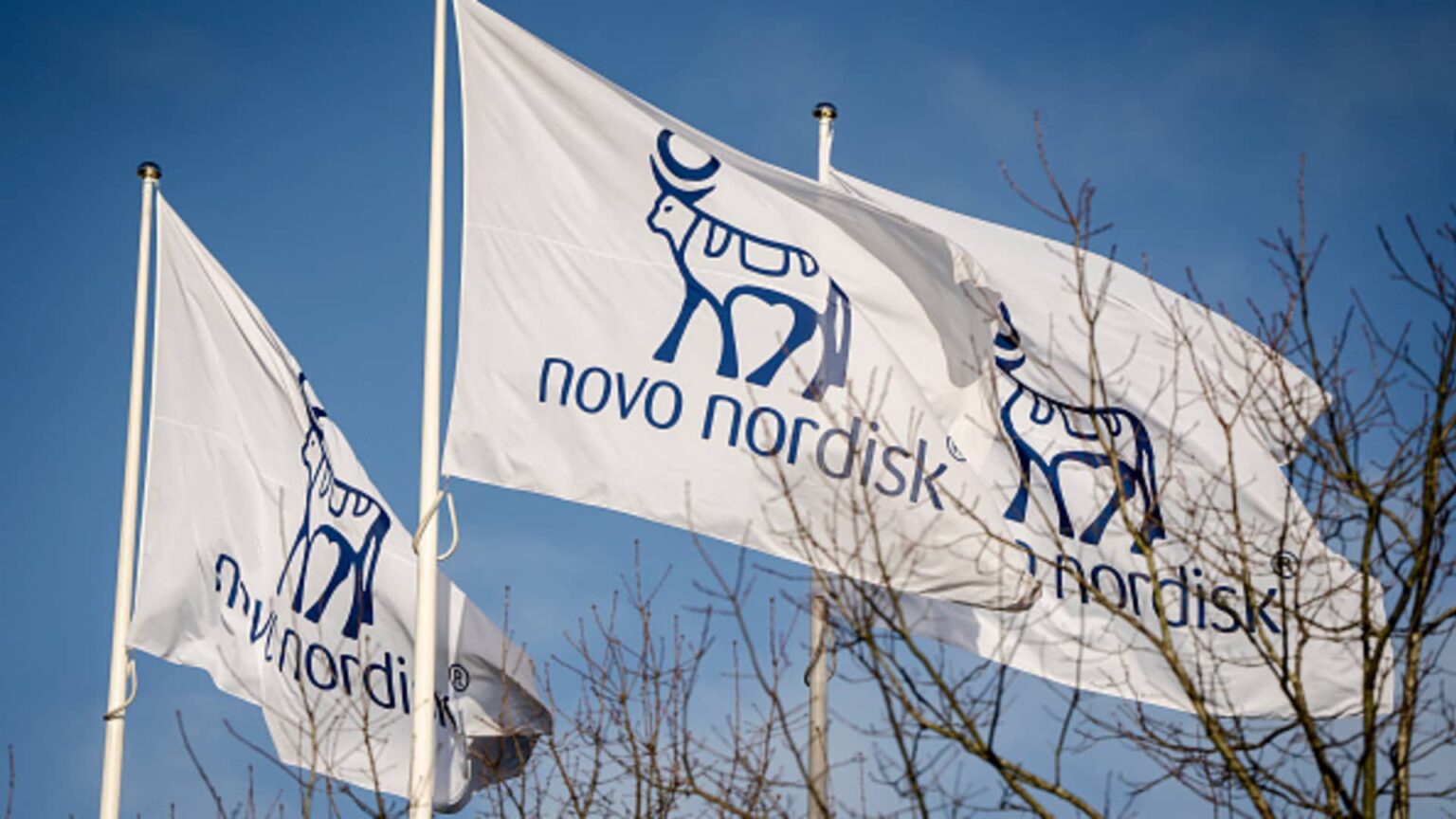Legal Developments Surrounding Novo Nordisk’s Wegovy and Ozempic
In a significant legal ruling, Novo Nordisk has successfully restricted compounding pharmacies from producing and marketing unapproved versions of its popular diabetes medication Ozempic and weight-loss drug Wegovy. This decision follows a federal court’s rejection of a request from compounding pharmacies to continue making their versions of these medications amid a legal challenge regarding drug shortages.
Background of the Case
The legal battle initiated when a compounding trade group filed a lawsuit against the Food and Drug Administration (FDA). Their claim centered on disputing the agency’s assertion that semaglutide, the active ingredient in Ozempic and Wegovy, was no longer in shortage within the United States.
Patient Demand and Implications
As demand for Ozempic and Wegovy surged over the past two years, patients often turned to more affordable alternatives from compounding pharmacies, especially when facing limited insurance coverage for the brand-name drugs. These compounding pharmacies provide customized medications, which, while serving specific patient needs, lack FDA approval.
During officially recognized FDA shortages, pharmacists are allowed to legally create compounded versions of brand-name drugs. However, this practice has been met with opposition from pharmaceutical companies and health experts who argue that compounded medications pose potential safety risks to patients.
Judicial Decision and Its Consequences
U.S. District Judge Mark Pittman denied the Outsourcing Facilities Association’s request for a preliminary injunction that would have prevented the FDA from enforcing actions against pharmacies producing semaglutide copies. This ruling reaffirms the FDA’s earlier findings regarding the resolution of the semaglutide shortage, thereby permitting the agency to act against unauthorized pharmaceutical activities.
With this ruling, the FDA can now take measures against both 503A and 503B pharmacies. 503A pharmacies are generally state-regulated and produce medications primarily based on individual patient prescriptions. In contrast, 503B pharmacies manufacture compounded medications in bulk and are federally regulated, making them susceptible to immediate legal actions, including product seizures and issuance of warning letters.
Novo Nordisk’s Legal Strategy
Steve Benz, Novo Nordisk’s corporate vice president, expressed satisfaction with the court’s decision, emphasizing the company’s commitment to patient safety amid the ongoing legal actions aimed at protecting consumers from potentially harmful compounded versions of semaglutide. The company has already initiated over 100 lawsuits against various compounding pharmacies across 32 states.
Recent Rulings in Context
This ruling comes on the heels of another victory for Novo Nordisk, where a Texas judge ruled against MediOak Pharmacy, a 503A pharmacy, ordering it to cease marketing and selling compounded semaglutide. Similarly, Eli Lilly, another major player in the pharmaceutical sector, has taken legal measures against compounding pharmacies concerning its own diabetes treatment drug, tirzepatide.
Conclusion
The judicial decisions underscore a growing effort by major pharmaceutical companies like Novo Nordisk and Eli Lilly to secure their market positions while maintaining patient safety within the evolving landscape of compounded medications. As these legal battles unfold, they indicate a critical juncture in the intersection between pharmaceutical innovation, regulatory practices, and patient care.
